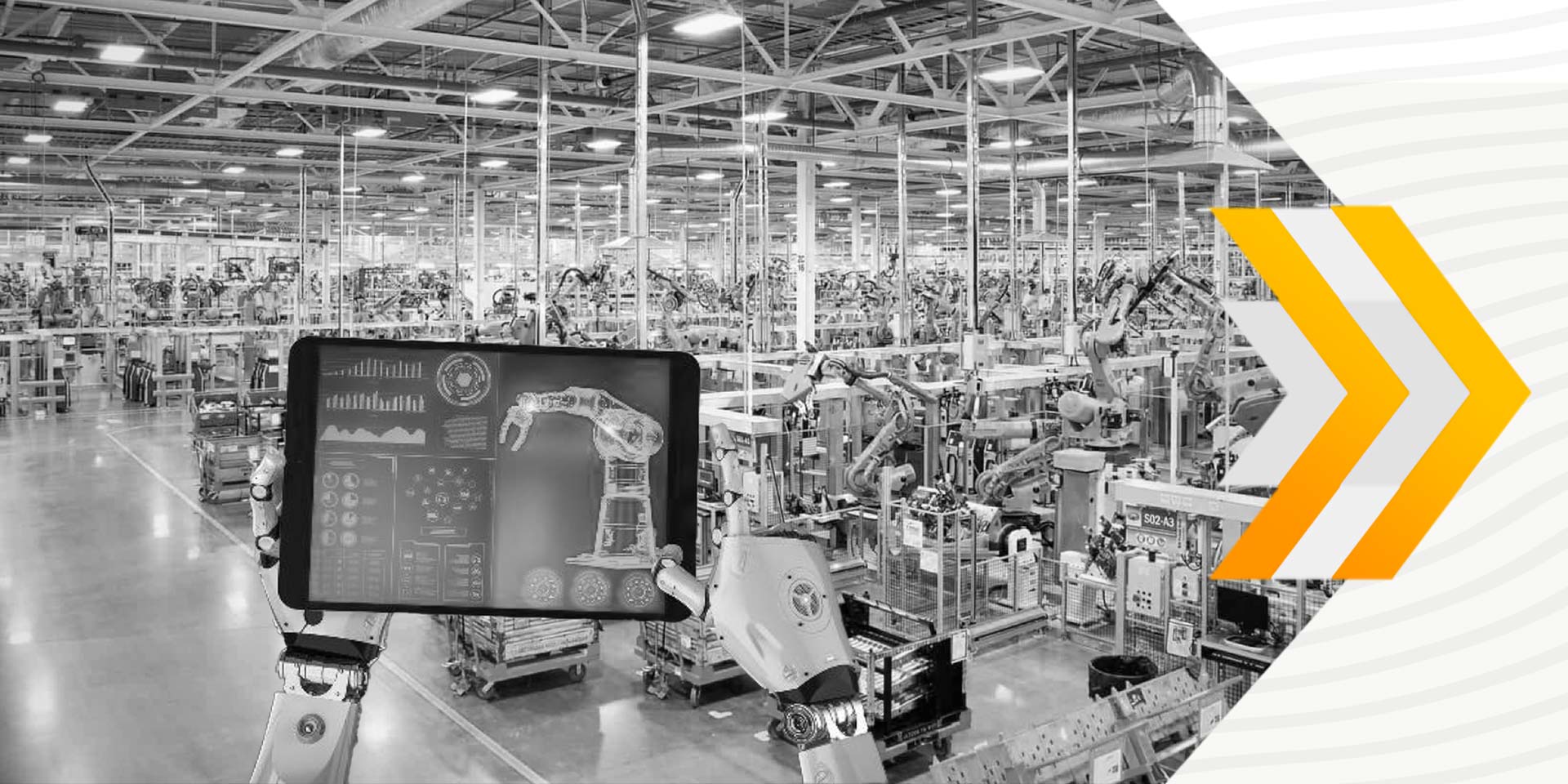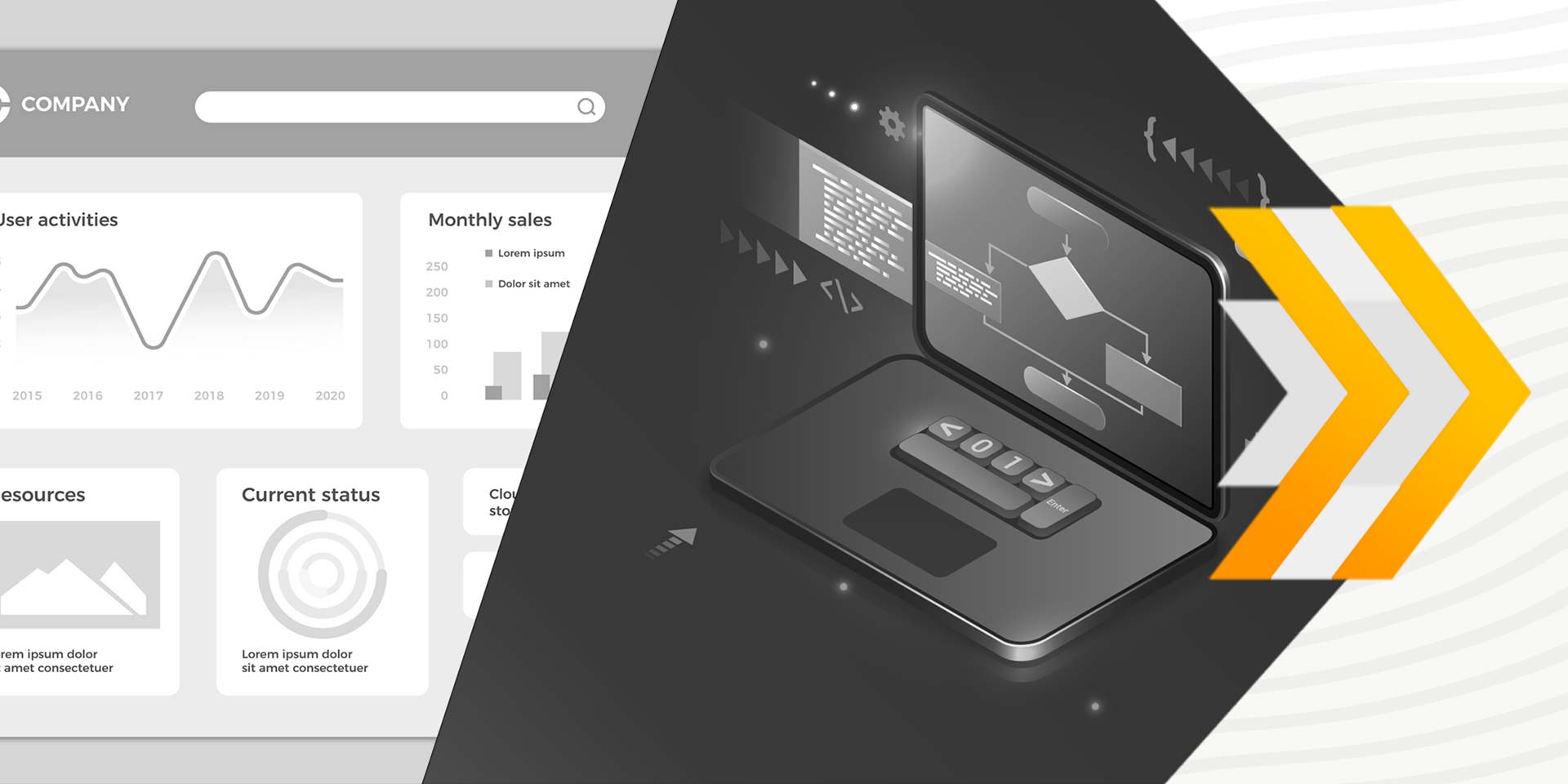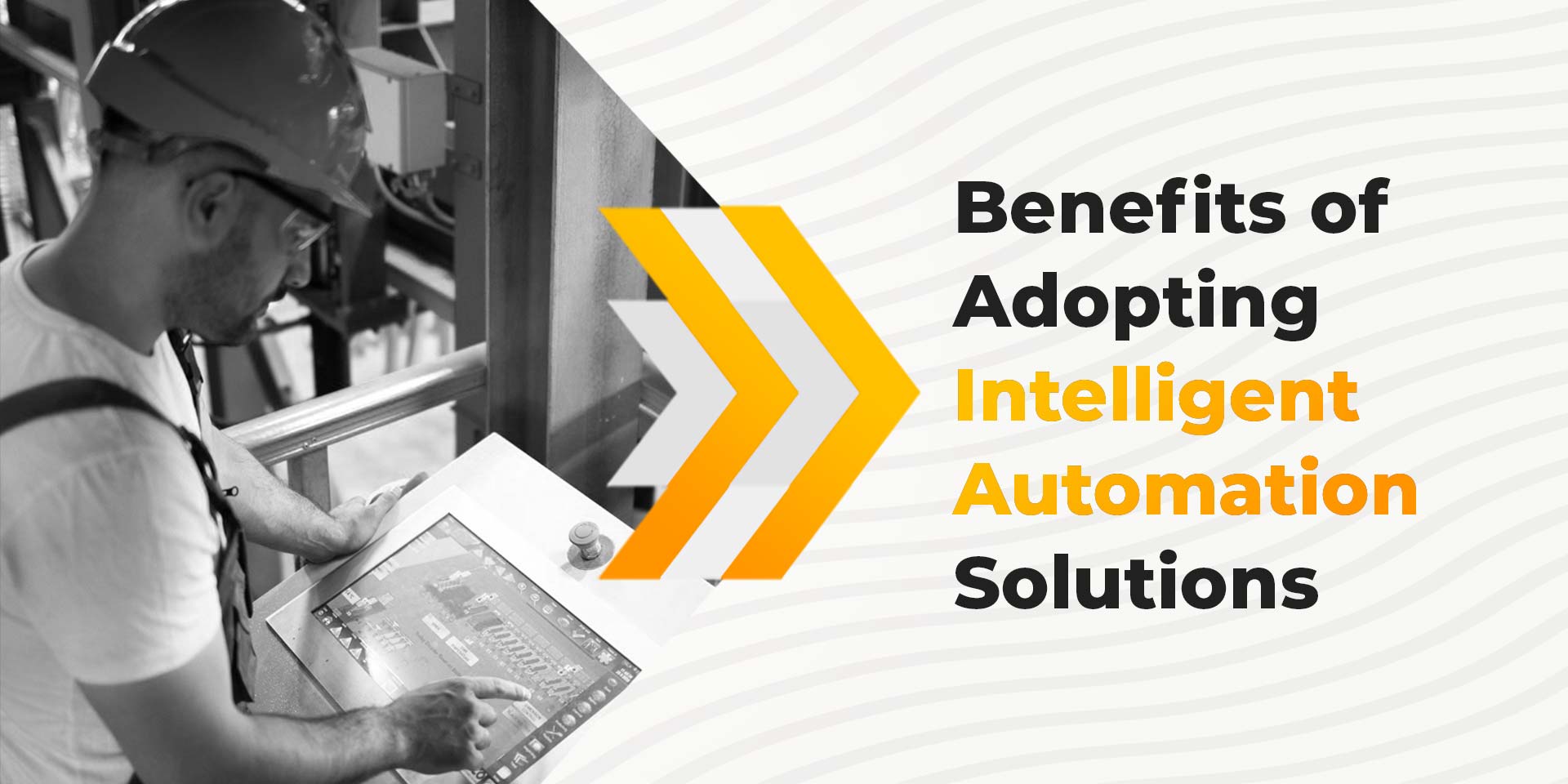Automation
The Impact of BPA On Revolutionizing Industries


- Table of Contents
- Introduction
- Finance- Paving the Way for Efficiency and Accuracy
- Healthcare- Elevating Patient Care Through Automation
- Manufacturing- Streamlining Production with Automated Precision
- Retail- Enhancing Customer Experiences Through Automation
- Telecommunications- Navigating the Data Wave with Automation
- Challenges and Considerations- Navigating the Path to Automation
- Conclusion
Introduction
In the world of modern business, where efficiency, accuracy, and innovation are paramount, the emergence of Business Process Automation (BPA) has heralded a new era of transformative change. This technological powerhouse, fueled by Intelligent Automation and Robotic Process Automation (RPA), is revolutionizing the operational foundations of diverse industries. From finance to healthcare, manufacturing to retail, and telecommunications, the impact of BPA is both far-reaching and profound.
Finance: Paving the Way for Efficiency and Accuracy
In the dynamic world of finance, Business Process Automation (BPA) has emerged as the foundation for streamlining complex operations to achieve financial efficiency. Robotic Process Automation (RPA) plays a vital role in automating repetitive tasks such as data entry, reconciliation, and compliance checks. This not only mitigates the risk of errors but also expedites transaction processing times, resulting in enhanced customer satisfaction. By harnessing the power of automation, organizations can optimize their workflows and deliver efficient and reliable financial services.
Machine learning algorithms are powering Intelligent Automation, revolutionizing the landscape of fraud detection and prevention. This transformative technology guarantees the security of customer assets and ensures compliance with regulatory standards.
Healthcare: Elevating Patient Care Through Automation
In the healthcare sector, where precision and timeliness are of utmost importance, BPA has revolutionized the way things are done. Robotic Process Automation simplifies administrative tasks like appointment scheduling, claims processing, and billing procedures, freeing up healthcare professionals to focus on providing exceptional patient care.
Intelligent Automation is transforming medical diagnostics by analyzing images such as X-rays and MRIs with unmatched precision and speed. This not only speeds up the diagnostic process but also reduces the chances of errors that can occur with manual interpretation.
Manufacturing: Streamlining Production with Automated Precision
In the manufacturing industry, the use of BPA has brought about a revolution in supply chain management and production processes. Robotic Process Automation has greatly optimized order processing, inventory management, and logistics coordination, resulting in significant cost savings and minimizing delays.
BPA has introduced predictive maintenance, leveraging sensors and IoT devices to monitor equipment conditions in real-time. This proactive approach not only enhances operational efficiency but also extends the lifespan of machinery, effectively reducing downtime.
Retail: Enhancing Customer Experiences Through Automation
Customer satisfaction is of utmost importance in the retail sector, and BPA plays a pivotal role in enhancing customer experiences. Robotic Process Automation optimizes inventory management, ensuring product availability and minimizing stockouts.
BPA personalizes marketing strategies by analyzing customer data, resulting in enhanced engagement and customer loyalty. Automation-driven chatbots and virtual assistants offer immediate customer support, elevating the overall shopping experience to new heights.
Telecommunications: Navigating the Data Wave with Automation
The telecommunications industry faces the challenge of managing increasing data volumes and customer interactions, necessitating the use of automation for operational efficiency. Robotic Process Automation is utilized to streamline customer onboarding, billing procedures, and network maintenance, resulting in reduced operational costs.
Business process automation plays a pivotal role in enhancing network performance by analyzing real-time data, predicting issues, and initiating corrective actions, thereby improving reliability and customer satisfaction.
Challenges and Considerations: Navigating the Path to Automation
While the benefits of BPA are evident, it is crucial to acknowledge and address the challenges associated with its implementation. One concern is the potential displacement of jobs due to automation. However, proponents argue that BPA enables employees to focus on more strategic and creative tasks, ultimately leading to the creation of new job roles. Additionally, cybersecurity is a critical consideration, necessitating the implementation of robust security protocols to safeguard sensitive data in an era of increased automation. Furthermore, compliance regulations must be taken into account to ensure that automation processes adhere to legal and ethical standards.
Considering A Center of Excellence
To successfully navigate these challenges and fully leverage the benefits of automation, it is crucial to establish a robust center of excellence (CoE) and a well-defined automation strategy. Regardless of the industry's unique nuances, having a strong CoE and clear automation strategy is essential.
Selecting The Right Solutions and Multi-Vendor Strategy
Moreover, when selecting the appropriate automation toolset and partner for a specific process, considering multiple vendor strategies becomes crucial. Although one may argue that approaching a single vendor is beneficial, having a diverse set of tools and partners can enable organizations to better tailor their automation solutions according to their specific needs.
Thorough research and evaluation of vendors are crucial in selecting the appropriate platform that aligns with the specific requirements and goals of a business. Additionally, businesses must also consider scalability and flexibility when choosing an automation solution as their needs may evolve.
Conclusion
In conclusion, Business Process Automation has emerged as a transformative force across various industries. The integration of technologies like Robotic Process Automation and Intelligent Automation is reshaping traditional workflows, bringing unprecedented levels of efficiency, accuracy, and innovation. Embracing automation is not just a competitive advantage; it's a necessity for those seeking to thrive in the digital era.
A strategic approach, coupled with a commitment to addressing challenges and staying updated with technological advancements, paves the way for businesses to lead in innovation and achieve success. Undoubtedly, the future of business lies in automation, and those who harness its power will shape the landscape of tomorrow. The best solutions help businesses stay ahead of the curve and improve their bottom line.







































